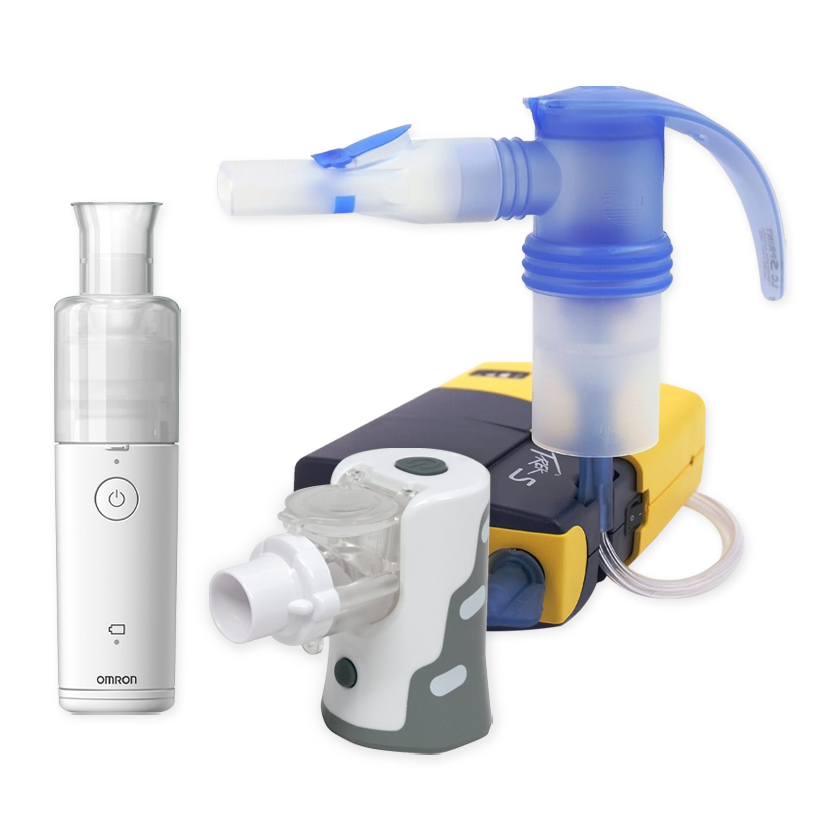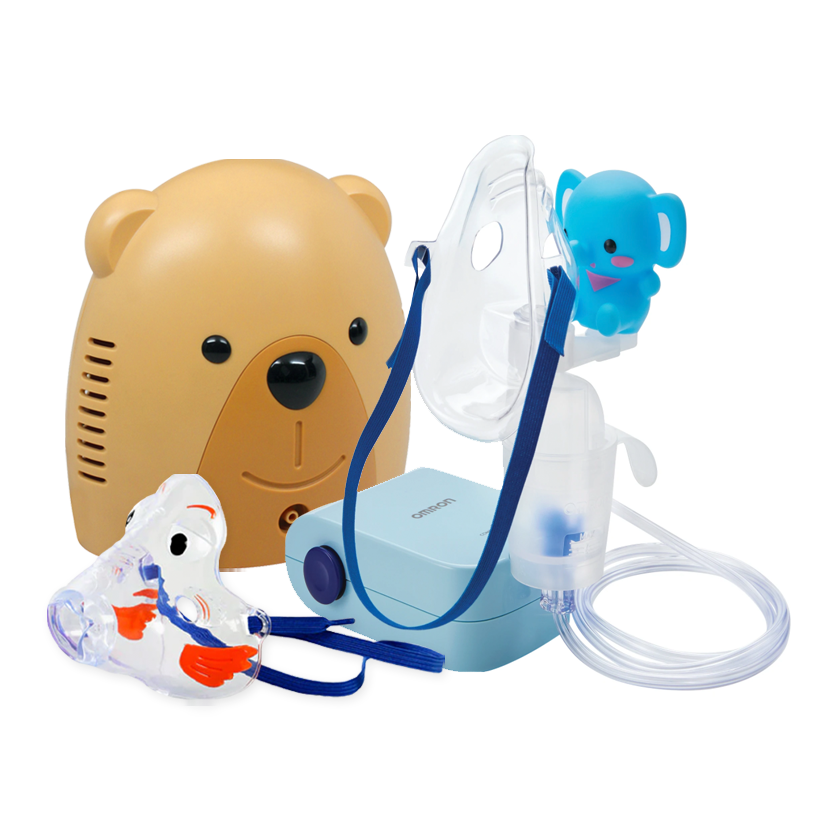Your Cart is Empty
Free Shipping on all orders over $75!
Menu

Free Shipping on all orders over $75!
Nebulizer Systems
Travel Nebulizers
Nebulizer Accessories
Just For Kids
Oxygen Supplies
New Research Points to Possibility of an Asthma Vaccine
September 17, 2015 1 min read
Asthma rates have been growing around the world for years now. One theory as to why is the “hygiene hypothesis.” It states that asthma is on the rise because kids today live in too sterile of environments. They’re exposed to so few irritants and allergens that their immune systems can’t tell which are actually harmful and end up overreacting to harmless irritants.
Like any good hypothesis, the hygiene hypothesis can be tested and that’s exactly what a group of Belgian scientists from Ghent University did. Observing that children who grow up on farms are statistically much less likely to develop asthma, the scientists decided to expose mice to a mixture of farm dust from Germany and Switzerland.
“These tests revealed that the mice were fully protected against house dust mite allergy,” said Bart Lambrecht, one of the study’s authors. Dust mites are the most common cause of allergies and one of the most common asthma triggers.
Exposure to the farm dust caused the mice to develop a protein called A20 that guards against allergic/asthmatic reaction. The scientists then looked at 2,000 people who had grown up on farms. Most did not have asthma or allergies, and the very few who did had a malfunctioned form of A20.
The scientists don’t yet know what exactly in the farm dust caused the mice to form A20, but they’re trying to figure out. And once they have, their hope is to use this knowledge to finally create a vaccine for asthma.
Subscribe
Sign up to get the latest on sales, new releases and more …

NEW CUSTOMERS SAVE $5 OFF YOUR FIRST PURCHASE OF $20 OR MORE
Code will be sent to email entered if applicable
SIGN UP FOR FUTURE SALES, NEW PRODUCTS AND ANNOUNCEMENTS
{"themeColor":"#061f77","iconColor":"#061f77","showLogo":true,"topBottomPosition":0,"rightLeftPosition":5,"iconSize":"large","iconCustomSize":64,"position":"middle-right"}



